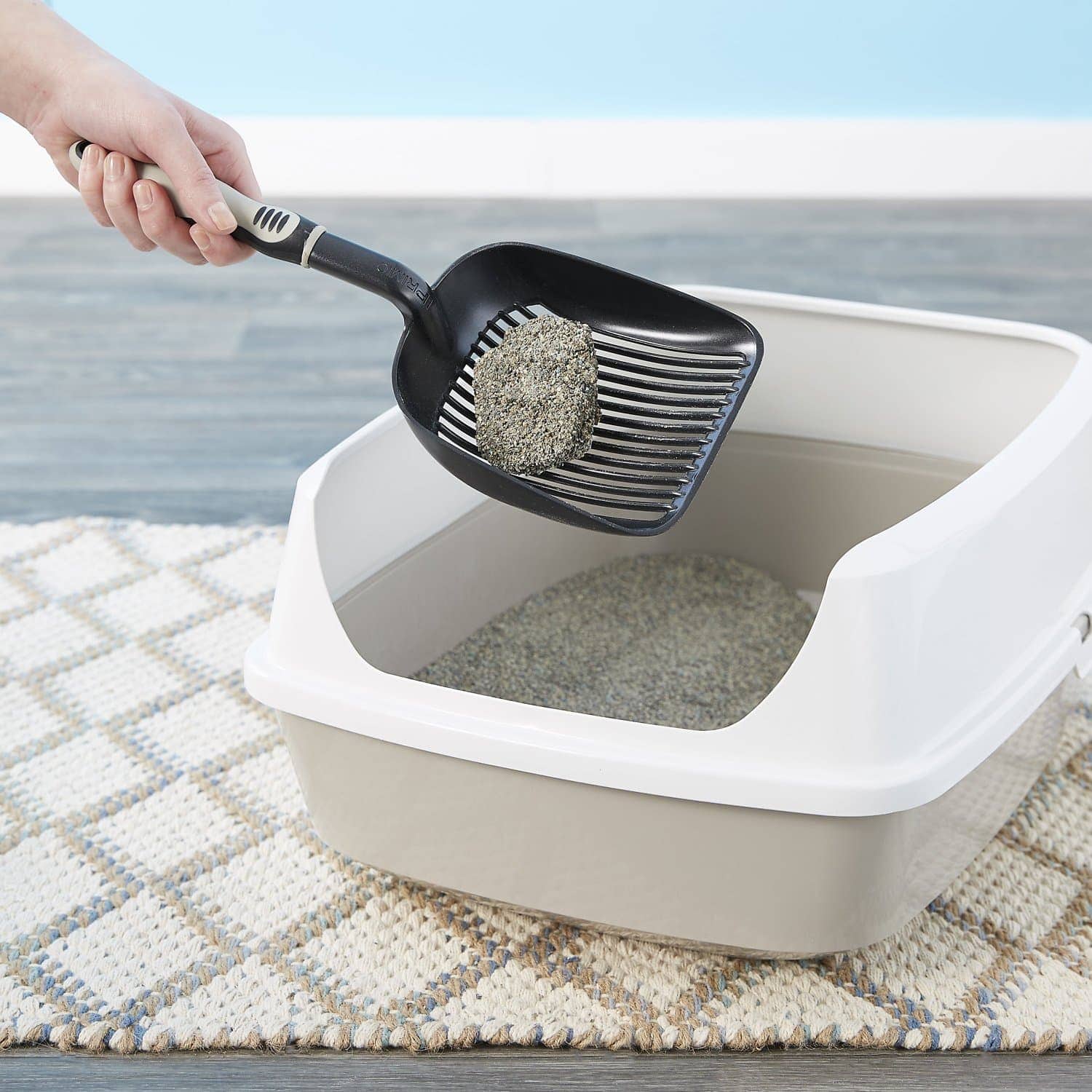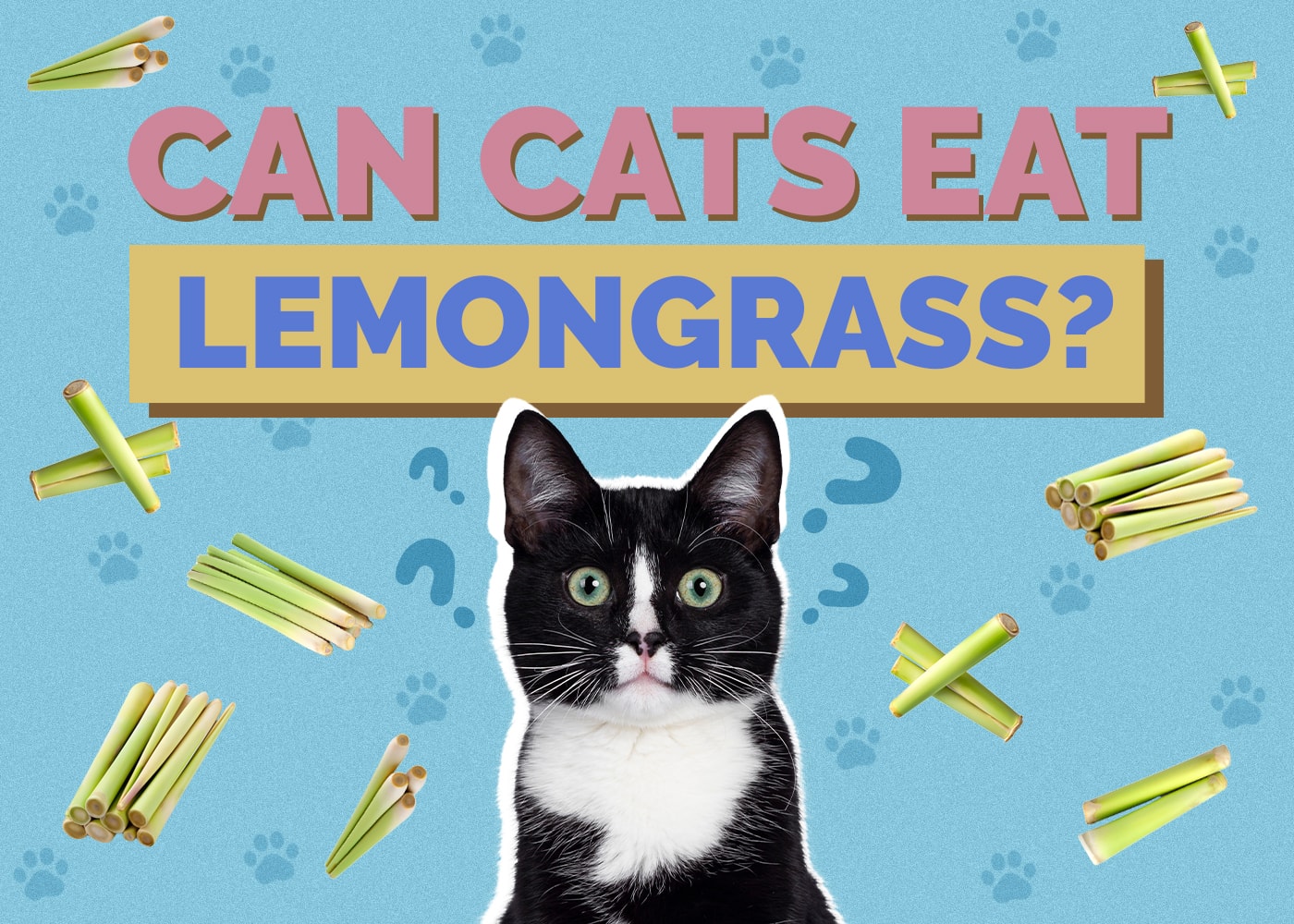Why Do Cats Yowl? 12 Vet-Reviewed Reasons for This Behavior
By Luxifa Le
Updated on
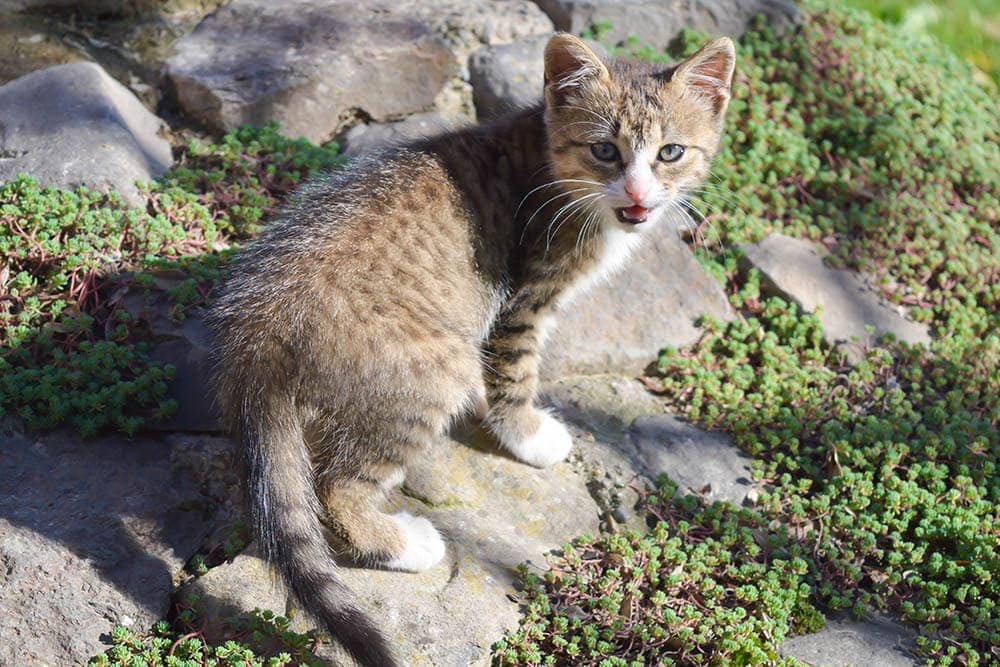
Click to Skip Ahead
We’ve all experienced it. You’re sleeping peacefully only to be awoken by your cat, Princess, who has decided to sing you the song of her people at 3:30 AM (or is that just us?). But just why does she do that? What drives this behavior in cats? When do you worry? There’s a good reason for it, too! Here are just 12 of the most common reasons that Princess has decided to serenade you tonight, and some of them are indicative of a health problem requiring veterinary attention.
Specifically, please be aware some of the reasons may indicate quite serious underlying issues. Particular concern is if your cat is suddenly yowling in pain and not being able to move, dragging their legs. This is an emergency and you need to contact your vet immediately.
The 6 Behavioral and Attention-Related Reasons
No need for alarm! There are plenty of non-threatening reasons that your cat might be meowing or yowling endlessly in your ear. That doesn’t mean that your cat is seriously ill, but take a deep breath and think about it before you rush them to the emergency vet.
1. Mating and Heat Behavior
Cats yowl to signal that they’re “in the mood” and to attract mates (nature is weird). If your cat is neutered and still seems to be displaying characteristic mating behaviors, speak to your vet. Some of these behaviors can be a part of regular play, communication, and interaction between cats. For male cats who had experience playing the field—if you know what we mean—before being neutered, these behaviors may persist for weeks to even years after their surgery. However, only a small percentage of neutered male and spayed female cats continue exhibiting this behavior.
So, if your cat is not fixed and they are yowling, this may be the most likely explanation, particularly if it’s the breeding season. Get your cat neutered to prevent this behavior, but also to avoid unwanted pregnancies, cat fighting, injuries, and illnesses they can contract when roaming in search of mates.
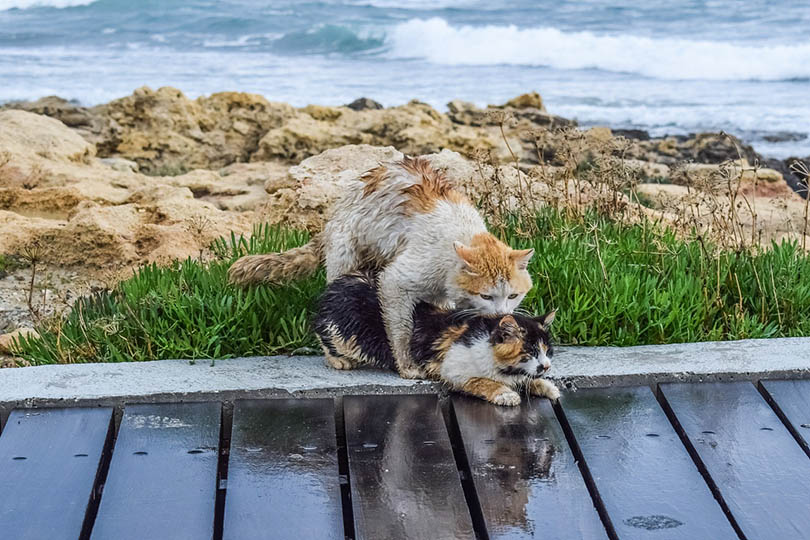
2. Territorial Disputes and Communication With Other Cats
As we already mentioned in the previous paragraph, cats may yowl as a means of communication with other cats in their household, particularly if they are not fond of each other. Felines are territorial and use spraying and yowling to warn the other cats not to come any closer. Some indoor cats will yowl when they see a strange cat hanging around their house as a warning to keep away.
3. They’re Hungry
Humans have derived particular words for the emotional state of prolonged hunger in the modern world, like ‘hangry,’ and cats are not immune to these feelings. You might not have missed a meal yet, but that doesn’t mean your cat hasn’t noticed that their bowl is empty and taken exception to it nonetheless.
Check the clock and see when the last time your cat ate was. We know ours can get a bit hangry if the bowl has been emptied for too long! Cats love to graze throughout the day and appreciate having some food available at all times. They will happily let you know if you have missed their feeding time.

4. They’re Lonely
People often associate cats with cold and aloof behavior, but this couldn’t be further from the truth. Cats need social interaction just like people do, and maybe your cat just misses you and wants you to know it. They may not show affection the same way that people or dogs do, so people often miss the signs that their cat just wants to hang out with them because they aren’t used to what that may look like. Maybe they want to play or are bored, and that’s why they’re seeking your attention.
5. They’re Greeting You or Want Something
Not all cats will vocalize their greetings, but some do. Some breeds, like the Siamese, are particularly talkative and seem to have conversations with their owners. Your cat may just be telling you about her day, and it would probably mean a lot to her if you listened to her story about that pesky bird that keeps taunting her outside the window! But they may also be requesting to go out or come back in, and if you are not very attentive, yowling may be the only way to let you know. Cats are not shy about how they feel and want you to know.
6. They’re Stressed or Insecure
Getting a little scary now; sometimes cats verbalize when they’re stressed out. Have you recently moved? Started a new job? Bought a new pillow? Cats don’t like change, and they may begin to get stressed out when faced with unavoidable modifications.
The 6 Health-Related Reasons
Oftentimes, a cat does vocalize for health reasons, so it’s important to consider whether or not they have any signs of health problems that you should be on the lookout for.
7. Aging
Many cats start to vocalize more as they age. Much like people, they want to complain and tell you about “when they were your age,” but all we seem to hear is “meow meow meow!” But really, cognitive decline, confusion, and even dementia can be present in our older felines.
If your cat is getting older, it might be a good idea to get them an extra vet check-up to make sure there isn’t an underlying health issue, and if there is, to be treated adequately, as we should allow them to spend their golden years as they please and with all the comfort they deserve.
Understanding how your cat ages and how they may be feeling, but also what the most common conditions that occur in old age are, will allow you to care for them better, notice any early signs of disease, and to have more patience for them, as a lot of the age-related changes can become frustrating to cat owners. There may also be treatment options your vet will recommend for your cat.

8. Overactive Thyroid
An overactive thyroid gland has been correlated to excessive vocalization in some cats and is often related to changes in blood pressure. The thyroid gland is near the larynx, and in some cats, there is an obvious lump in that area of the neck. So, owners may notice an increase in vocalization or a change in the sound of their cat’s meow.
Signs of hyperthyroidism usually involve weight loss despite an increased appetite, vomiting, diarrhea, increased thirst and urination, changes in activity and behavior, and an unkempt coat.
If your usually quiet, middle-aged or older cat has suddenly taken up a new hobby in yodeling, it might be time to consider taking them to the vet.
9. Traumatic Injuries and Pain
If your cat goes outside and returns home one day yowling or meowing more than usual, it may be a sign they have been injured. You may see wounds or notice them limping, but even if you can’t see anything obvious and they are behaving strangely, it’s best to get them checked by your vet. Indoor cats can also get injured by falling off the balcony or a window, or getting into trouble inside the actual home. Any painful condition may cause your cat to meow, from a painful abdomen due to an upset stomach to achy joints in older animals.
10. Blood Clots
One of the most serious reasons your cat just started yowling in distress that seems to occur out of nowhere is a sudden onset of blood clots that travel from the heart to the aorta and cause a disruption of the blood flow to the back legs. This occurs in cats that have advanced heart disease and heart failure, which unfortunately, often goes unnoticed due to absence of any clear signs of illness.
When this happens, cats are in excruciating pain, yowling, breathing rapidly, sometimes with an open mouth, and dragging their back legs or being unable to walk. This condition requires emergency veterinary care no matter the time of night or day.
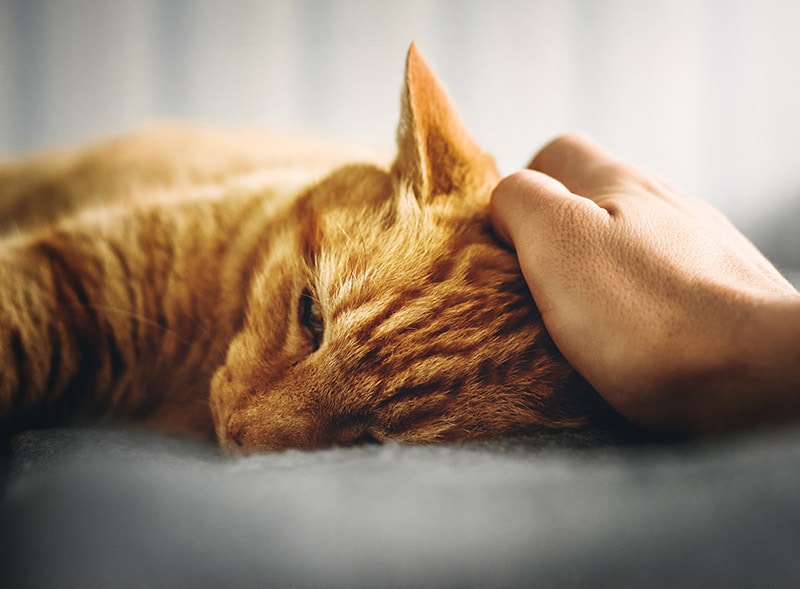
11. Kidney Disease
One of the scary things that can be indicated by excessive vocalization is chronic kidney disease, which is again sometimes associated with a high blood pressure. The exact mechanism of what may be causing the pain remains unclear, unless there are urinary or kidney stones, but it is suspected several factors play a role, such as confusion and discomfort from the illness depending on the cause of kidney disease, or build up of toxic substances in the blood due to malfunctioning kidneys.
12. High Blood Pressure
High blood pressure or hypertension is unfortunately quite common in middle-aged and older cats. It may be caused by another illness, or it may be the primary problem. Hypertension affects the brain, eyes, kidneys, and the heart but has harmful effects on the whole body.
Sudden blindness with large, dilated pupils is commonly seen, while other signs may include high-pitched vocalization, changes in behavior, wobbly movement, disorientation, seizures, paralysis of the hind end, and many others. It will depend on which organ is being affected. Get your cat to the vet before the condition gets worse.
Final Thoughts
Yowling in cats can have many different causes, some concerning and others benign. The most crucial part of understanding whether it’s a problem is your cat’s previous behavior. Have they always been chatty and demanding and loved the sound of their voice from the first time they heard it? Then it’s probably nothing to worry about then. But if your cat is uncharacteristically noisy, distressed, or has any other signs of disease we discussed, it’s crucial to get them to the vet promptly so that they can assess their health and determine the next steps!
Featured Image Credit: Vitalii Biliak, Shutterstock


